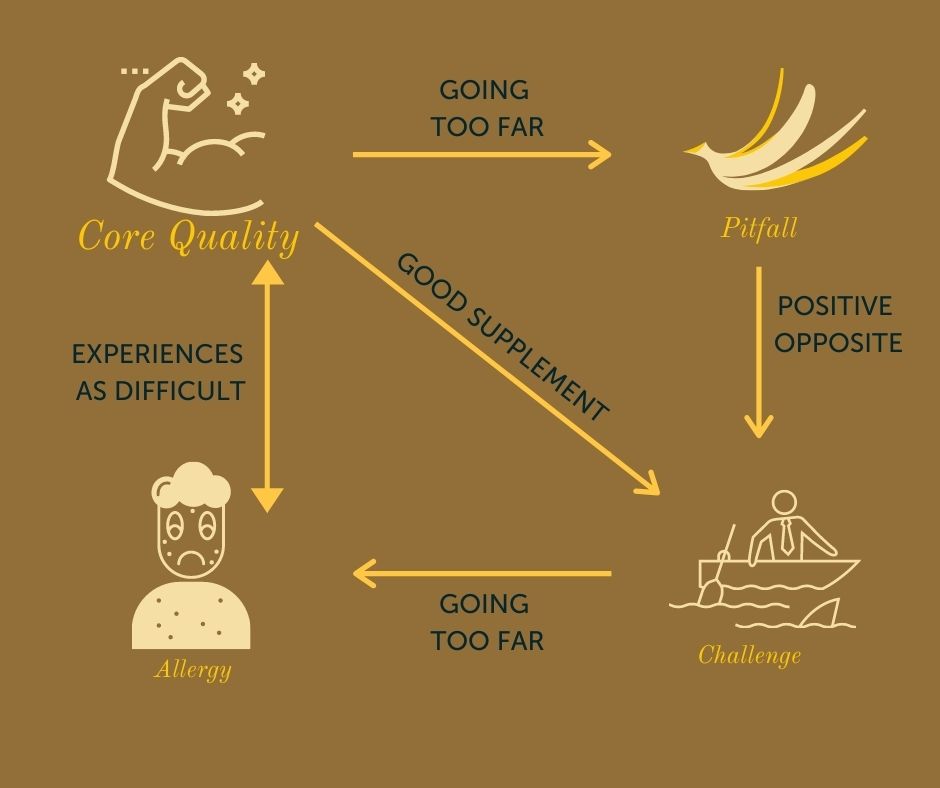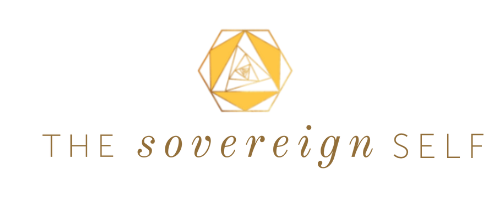In my book, The Mindful Guide to Conflict Resolution, I introduce the concept of Interconnection as one of the foundational principles to mindful conflict resolution. Interconnection means you approach the other person’s needs and your own needs in a conversation as equally valuable, and that you are compassionate toward both.
This is by no means a simple task. Actually, I consider it to be almost like an art. Of course with your closest friends, interconnection is pretty doable. But imagine those people with whom every interaction automatically becomes difficult because there just seems to be a mismatch in personalities. We all have someone we just cannot seem to relate to, whether it’s at work or in our private lives.
But what if there’s a way to approach even these seemingly hopeless situations?
In this article I offer you a way to approach even the most difficult people. And as an extra benefit, it offers you a deeper insight into your natural talents as a leader.
Core Qualities and How People React to Them
Daniel Ofman, an Internationally acclaimed business consultant, offers a straightforward model in his book Core Qualities: A Gateway to Human Resources. He shows that every person has a couple of qualities that are so deeply ingrained in them that they don’t even see them as something special. Other people do, though. For example, think of that friend who always has time and energy to help others—her helpfulness may be her core quality. Or your brother, who always knows exactly what to say to steer attention away from himself—his modesty might be one of his core qualities.
Pitfalls, Challenges & Allergies
When someone overdoes their core quality, however, that quality can turn into their pitfall. A pitfall is “too much of a good thing,” and it turns the strength into a weakness. For example, helpful becomes meddling, careful becomes fussy, and modesty becomes invisible.
A challenge is the positive opposite of a pitfall—it is what you have to learn. Pitfalls and challenges are complementary qualities. The objective is to strike a balance between the two. For example, it is not necessary for someone to become less decisive, but they should instead develop more patience, resulting in a patient decisiveness without nagging.

For a person who has helpful as a core quality, it’s really important to balance giving with being able to receive. Your modest brother should learn to talk in a sincere way about his talents.
The opposite of your challenge is where you’ll find those people you cannot seem to connect with. People tend to respond in an “allergic” way to people who display too much of their challenge, which is basically the opposite of their core quality. These people, in turn, are acting out the pitfall to their core quality. So your helpful friend will probably be “allergic” to your other friend, who has a tendency to wait until others come to rescue him. Your modest brother will be “allergic” to his arrogant colleague, who is always tooting his own horn.
Working with Your “Allergies”
The people you feel “allergic” to are those people you respond to in an opposing, often quite emotional, way. It’s not hard to see how challenging it will be to create interconnection with them: When you encounter an “allergy,” a natural response is to close off and avoid it. But the truth is, as difficult as it is to imagine, these people can be your most influential teachers. Exactly where they annoy you so much is where you are challenged to expand and learn.
They are displaying an exaggerated version of your challenge, making it very clear what you could develop to balance your core quality. So, for example, your modest brother is challenged to be a little more outspoken about his talents. Also, quite often, it’ll be vice versa: If you are not yet balanced in your core quality, you are probably acting in a way they are absolutely “allergic” to.
Given that to be able to solve your conflicts mindfully it’s necessary to remember each person’s humanity and to interconnect with them, it’s helpful to consider what you could learn from that obnoxious behavior you’re so “allergic” to. You may even create a win-win scenario, where both of you could balance out your core qualities, which would make the interaction easier for everyone involved. This type of deep human connection and potential for mutual growth is why interconnection is so powerful and effective.
ABOUT THE AUTHOR
Rosalie Puiman is the founder of The Sovereign Leader and the author of The Mindful Guide to Conflict Resolution. She works with executives and founding teams to bring forth effective, impactful and purpose-driven success.

